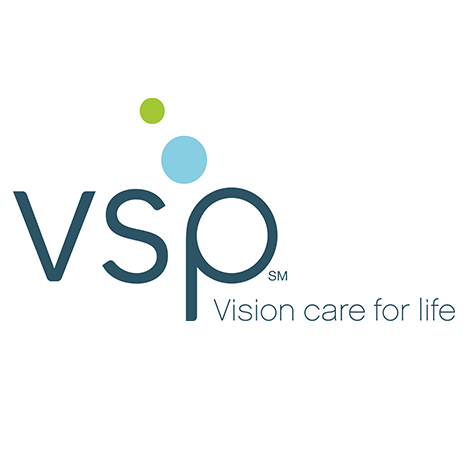Adults
Adults should have a vision examination every year or two depending on factors that include contact lens wear, eye health issues, family history, and visual demands. Our thorough visual examinations last about 45 minutes and consist of:
- Personal medical and ocular history
- Case history
- Screening visual field testing
- Autorefractor and Autokeratometry
- Intraocular pressure
- Visual acuity measurement
- Subjective refractive error measurement
- Ocular muscle balance and coordination
- Near task performance assessment
- Anterior segment evaluation with a biomicroscope
- Retinal evaluation
- Diagnosis and patient education
- Plan of treatment
Children
We recommend that children have an examination at three years of age, and again before entering kindergarten.
Our children’s examination is a variation of the adult examination. For very young children some of the adult tests are not appropriate. Instead we include additional visual development tests dealing with eye movements and binocularity. We want to make sure your child has the visual tools to achieve his or her highest potential in school.
Infants
Development of vision is most critical in the first years of life. Dr. Kenyon participates in the nationwide InfantSEE program and provides a no cost visual evaluation to any child less than one year of age.





